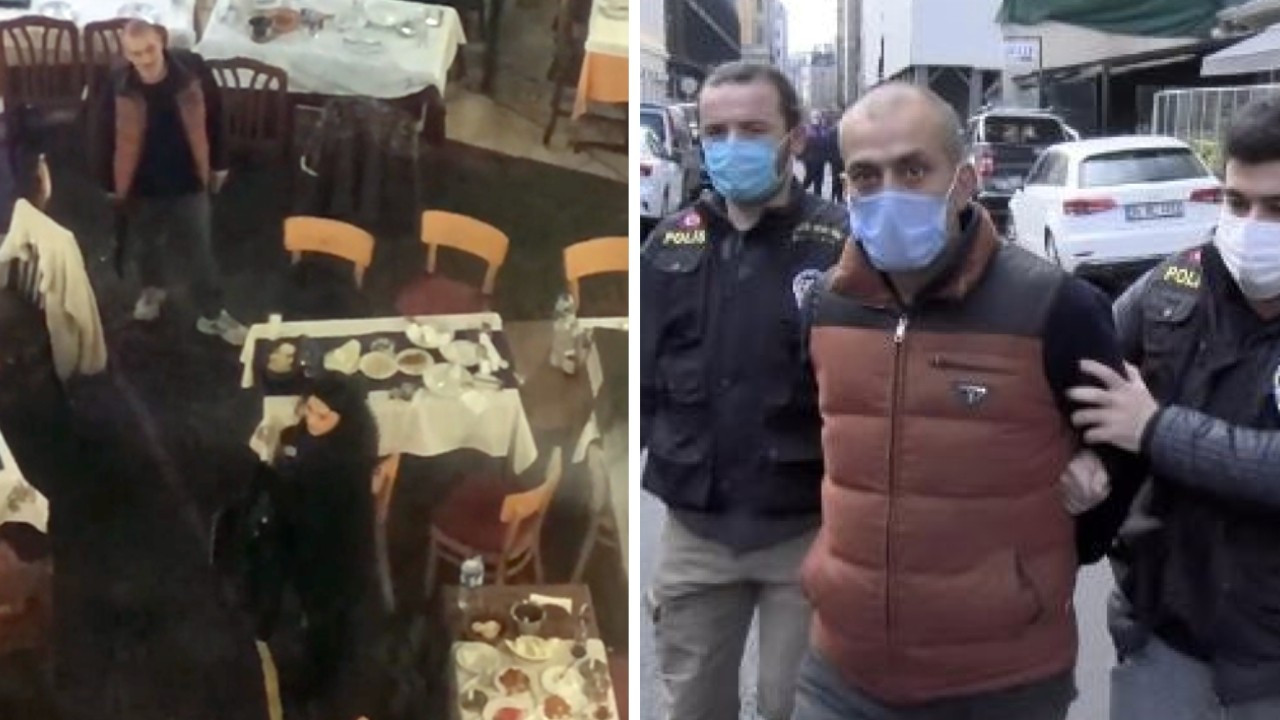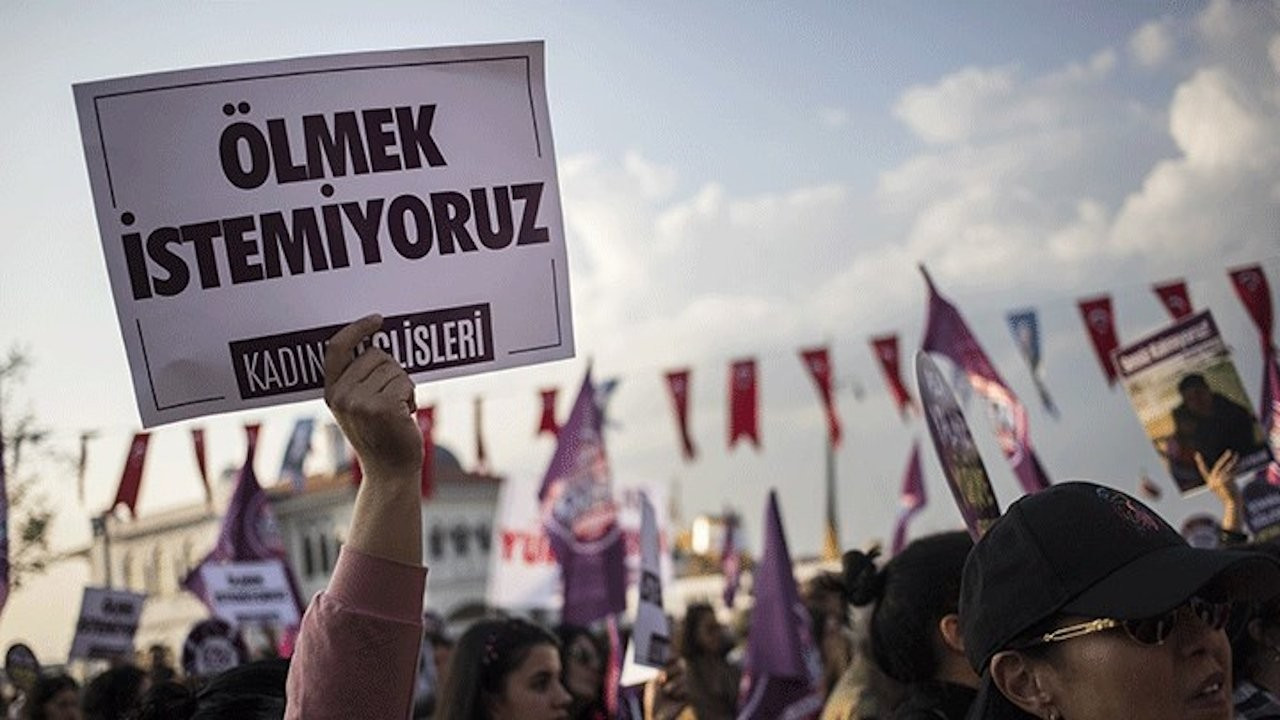Turkey's top court finds state at fault for not taking measures to protect murdered woman
Turkey's Constitutional Court has ordered the state to launch an investigation into public officials for failing to take the necessary measures to prevent a woman from being killed. The top court said that public officials were very well aware of “the existence of a real risk” against the woman's life by her former husband, but did not take any action.
Duvar English
Turkey's Constitutional Court has found rights violation in a femicide case, saying that there was neglect on the part of public officials as they did not take the necessary measures to protect the killed woman.
The top court made a reference to international agreements, including the Istanbul Convention from which the Turkish government pulled out of last year, in its ruling, saying that an investigation needs to be launched against the relevant public officials, online news portal T24 reported on Dec. 2.
The case concerns the murder of academician S.E. her ex-husband V.A. in the Aegean province of İzmir in 2013. Following the assailant's constant threats, the academician demanded a restraining order, but her applications were turned down by the courts twice. It was only in the third application that the courts accepted the woman's application, ruling for a restraining order against the assailant for a period of one month.
The academician also filed an application with the Center for the Elimination and Monitoring of Violence (ŞÖNİM), saying that her life was in danger, but no step was taken by authorities for the woman's protection.
On Dec. 15, 2013, the assailant V.A. attacked S.E. with a knife and killed her. Although he was initially sentenced to life imprisonment, he later benefited from a reduced sentence and was sentenced to 25 years in prison.
In the aftermath of the murder, S.E.'s father filed a criminal complaint at the Board of Judges and Prosecutors (HSK) about four judges and three prosecutors for failing to take the necessary decisions to protect her daughter. But, the HSK said that the courts' decisions were in line with the law.
S.E.'s father also filed a criminal complaint against the police and gendarmerie officers as well as public officials employed at ŞÖNİM under the Family Ministry; however, the local governor's office did not grant permission for an investigation to be launched against them. A regional court also turned down the appeal against this decision, as a result of which the father took the case to the Constitutional Court.
The top court said in its ruling that the state officials were very well aware of “the existence of a real and near risk against S.E.'s life.” It said that a mere monetary compensation would not suffice and that an investigation needs to be launched into the relevant public officials over their negligence to take the necessary precautions.
The top court said that the authorities' refusal to grant permission for the investigation was itself a rights violation and sent a copy of its decision to the relevant authorities for a trial to take place.

 Turkish man detained after taking woman as hostage with pump rifleDomestic
Turkish man detained after taking woman as hostage with pump rifleDomestic With femicides at record highs, police crack down on women's rights march in IstanbulWomen
With femicides at record highs, police crack down on women's rights march in IstanbulWomen Six out of ten women killed in Turkey applied to authorities for protectionWomen
Six out of ten women killed in Turkey applied to authorities for protectionWomen